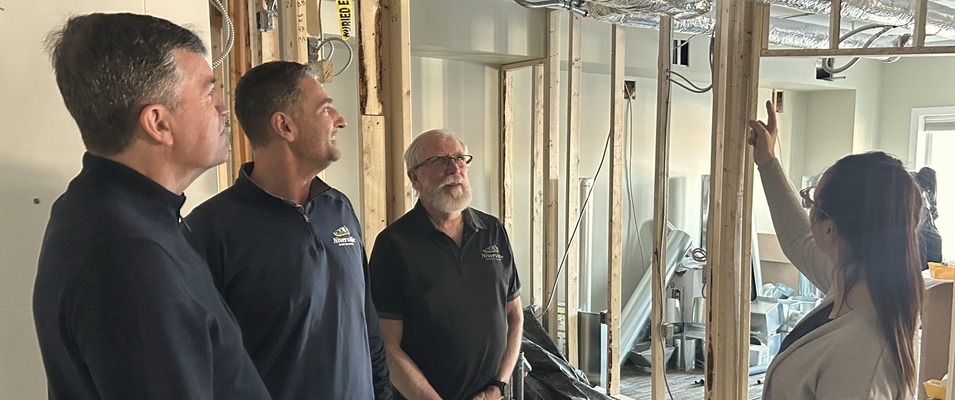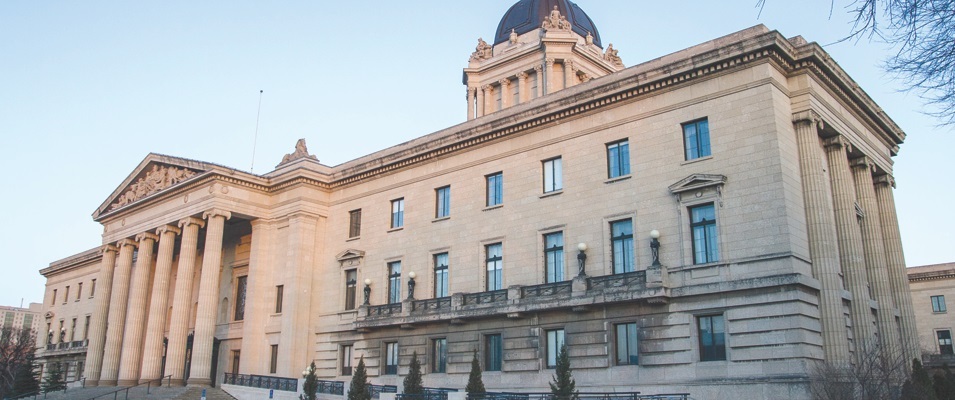In the December edition of The Citizen, we discussed how the Town of Niverville is going to make town water available to the businesses along Main Street that run from Sixth Avenue to the railroad tracks on the west side of town. A reader asked how the additional usage would affect consumption levels and if the water treatment facility could handle the extra usage.
According to Niverville Mayor Myron Dyck, the water treatment plant on Fifth Avenue is more than capable of handling the additional usage.
“Yes, we can handle the extra consumption. The impact of adding the business district to the system is minimal and easily handled by the current system,” he says. “The water treatment plant has two wells on system with others available with plenty of water in the aquifer. It all just comes down to a mindset of conservation. We have a good water system and Council is looking at how do we make what we have better.”
According to the mayor, when consumption levels are higher, the filters that separate the sediment from the water work harder. The wear and tear on the filters requires them to be replaced more frequently, which can become costly at a price of $80,000.
In past summers, residents have been asked to reduce consumption by watering lawns on even or odd days according to their civic address. The town has also made free, untreated water available at the public works buildings for those who wish to use it for filling pools. Residents are required to arrange for their own pickup and delivery of this water.
“When there is excess use, the pumps have to work harder and what we’re finding is that there is a huge impact on the filters,” says Dyck. “These filters are meant to last a number of years, but we wear them out more quickly when we are processing more water. That’s why we have set those limitations on consumption in the past.”
The town believes it’s essential for the business district to have access to town water to provide proper fire suppression and to allow Niverville’s business district to grow. The businesses along Main Street currently draw their water from wells.
“If Niverville has wells on its business district and other communities have proper water for fire suppression and potable water, businesses are going to go to that community rather than come to Niverville,” Dyck explains.
Town Council recently hired a hydrologist and an engineer to do an analysis of Niverville’s water treatment plant, the aquifer, and wells. According to the mayor, those findings will impact how the town utilizes the water treatment facility in the future.




















